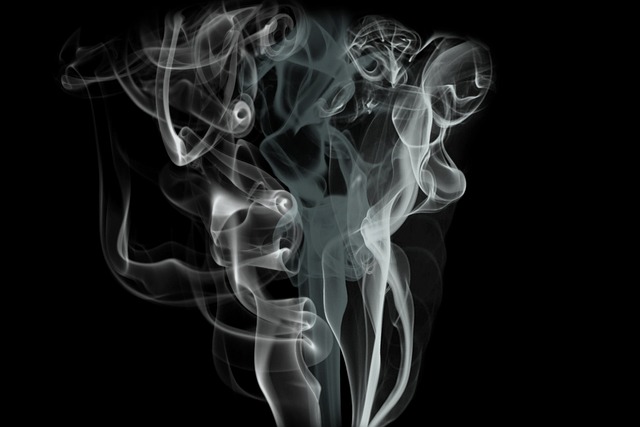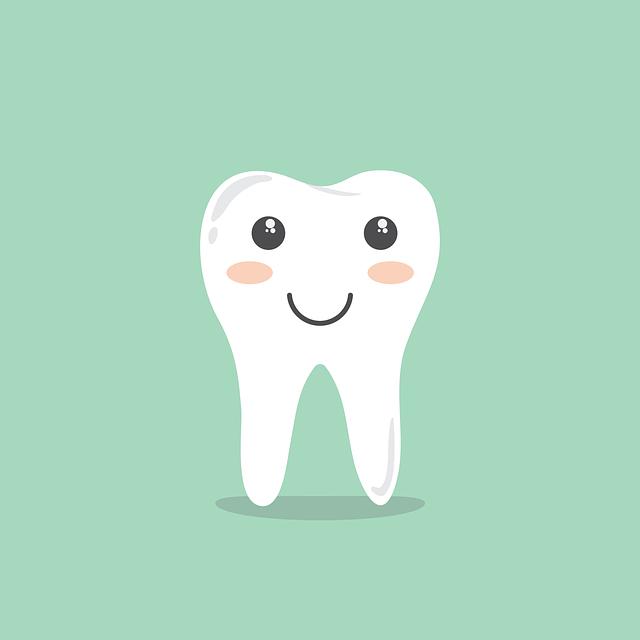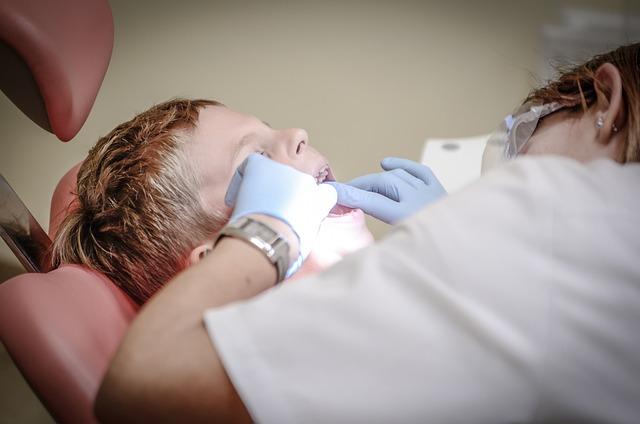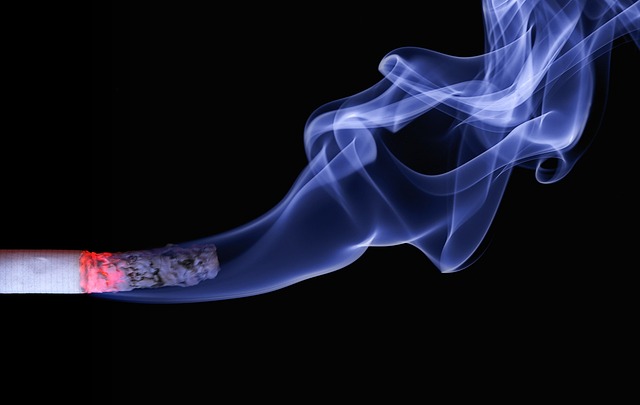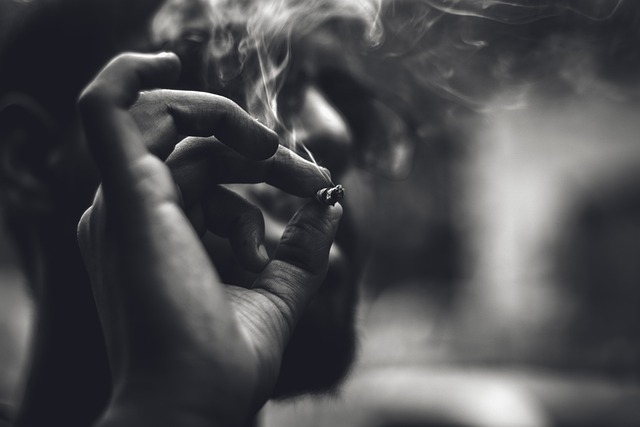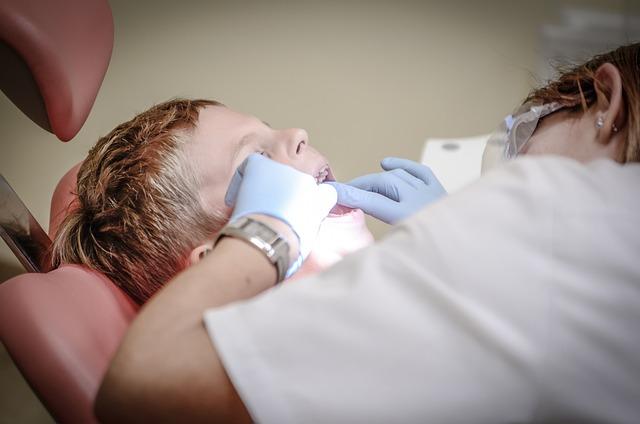Smoking and Wisdom Teeth Removal: Important Considerations
Are you a smoker planning to undergo wisdom teeth removal? Well, it’s essential to know that smoking can significantly impact your post-operative recovery process. While wisdom teeth extraction is a common dental procedure, the habit of smoking can complicate matters and potentially lead to complications. In this article, we will explore the important considerations surrounding smoking and wisdom teeth removal, shedding light on the potential risks and providing you with the necessary knowledge to make informed decisions. So, whether you are a smoker or know someone who is, stay tuned to discover the crucial information that can help you navigate this dental journey with confidence.
1. Understanding the Impact: Smoking’s Effect on Wisdom Teeth Removal
Smoking can have a significant impact on the process of wisdom teeth removal. It is crucial to understand the various ways in which smoking affects this dental procedure to make informed decisions. Here are some important points to consider:
- Delayed healing: Smoking can delay the healing process after wisdom teeth removal. Nicotine in cigarettes constricts blood vessels, reducing blood flow to the surgical site. This decreased blood supply can impede the delivery of essential nutrients and oxygen, leading to slower healing and a higher risk of complications.
- Infection risk: Smokers are more prone to infections following wisdom teeth extraction. The heat and chemicals from smoking can irritate the surgical site, making it a breeding ground for bacteria. Additionally, smoking weakens the immune system, making it harder for the body to fight off potential infections.
Considering these factors, it is strongly recommended to quit smoking before and after wisdom teeth removal to optimize the healing process and minimize complications. This includes both traditional cigarettes and other forms of smoking, such as e-cigarettes or vaping. It is advisable to consult with your dentist or oral surgeon for personalized guidance and support on smoking cessation during this critical period.

2. The Risks Involved: Smoking and Complications during Wisdom Teeth Extraction
Smoking poses significant risks during and after wisdom teeth extraction, increasing the likelihood of complications and delaying the healing process. It is crucial to be aware of these potential hazards in order to make informed decisions about your oral health.
Here are some of the risks associated with smoking during wisdom teeth extraction:
- Delayed healing: Smoking impairs blood flow and reduces oxygen supply to the surgical site, hindering the body’s ability to heal properly. This can lead to prolonged recovery time and an increased risk of infection.
- Dry socket: Smoking is a major risk factor for developing dry socket, a painful condition that occurs when the blood clot in the extraction site dissolves or becomes dislodged. This can cause severe pain and may require additional treatment.
- Infection: Smoking compromises the immune system, making smokers more susceptible to infections after surgery. Infections can lead to further complications and may require antibiotics or additional procedures to treat.
To minimize these risks, it is highly recommended to refrain from smoking before and after wisdom teeth extraction. Your dentist or oral surgeon can provide guidance on how long you should abstain from smoking based on your specific situation.

3. Precautions to Take: Smoking and Wisdom Teeth Removal Surgery
When it comes to wisdom teeth removal surgery, it is important to take certain precautions, especially if you are a smoker. Smoking can have a negative impact on your healing process and increase the risk of complications. To ensure a smooth recovery, here are some precautions you should take:
- Quit Smoking: It is highly recommended to quit smoking at least a week before your surgery. Smoking can impair blood flow and slow down the healing process. By quitting smoking, you can significantly reduce your chances of developing infections or dry socket, a painful condition that can occur after tooth extraction.
- Avoid Smoking After Surgery: After your wisdom teeth removal surgery, it is crucial to avoid smoking for at least 48-72 hours. Smoking can introduce harmful chemicals into your mouth, which can hinder the healing process and increase the risk of infection. It is best to give your body the time it needs to recover before resuming smoking.
By taking these precautions, you can minimize the risks associated with smoking and promote a faster and smoother recovery after your wisdom teeth removal surgery. Remember, quitting smoking is not only beneficial for your dental health but also for your overall well-being.

4. Healing Process: How Smoking Affects Recovery after Wisdom Teeth Extraction
After the wisdom teeth extraction procedure, it is crucial to understand how smoking can significantly impact the healing process. Smoking delays the recovery and increases the risk of complications. Here’s a comprehensive overview of how smoking affects the recovery after wisdom teeth extraction:
1. Delayed Healing: Smoking introduces harmful chemicals into the body, which can impair the blood flow and oxygen supply to the surgical site. This compromised blood flow slows down the healing process, making it take longer for the extraction site to fully recover.
2. Increased Risk of Infection: Smoking weakens the immune system, making it harder for the body to fight off potential infections. This puts individuals at a higher risk of developing post-operative infections, which can lead to more pain, swelling, and delayed healing.
3. Dry Socket: **Bold**One of the most common complications after wisdom teeth extraction is the development of a dry socket. Smoking significantly increases the chances of developing this painful condition. The act of inhaling smoke creates suction in the mouth, which can dislodge the blood clot that forms in the extraction site. This exposes the underlying bone and nerves, leading to intense pain and prolonged healing time.
It is crucial for individuals who have undergone wisdom teeth extraction to refrain from smoking during the healing process. By avoiding smoking, patients can promote faster healing, reduce the risk of complications, and ensure a smooth recovery.

5. Alternatives for Smokers: Exploring Options for Wisdom Teeth Removal
When it comes to wisdom teeth removal, smokers often face additional challenges due to the negative effects of smoking on the healing process. However, there are alternatives available for smokers seeking to have their wisdom teeth removed. These alternatives can help minimize complications and ensure a smoother recovery.
1. Quit smoking before the procedure: While it may seem obvious, quitting smoking before wisdom teeth removal is the best course of action. This allows your body to heal more effectively and reduces the risk of complications. If you’re a smoker, consider using this opportunity to quit smoking altogether for the sake of your oral and overall health.
2. Delay the procedure: If quitting smoking isn’t feasible, another option is to delay the wisdom teeth removal until you can quit or reduce smoking. This gives you time to prepare your body for the procedure and increases the chances of a successful outcome. Consult with your dentist or oral surgeon to determine the best timing for your specific situation.
6. Expert Advice: Dentists’ Recommendations for Smokers undergoing Wisdom Teeth Extraction
When it comes to smokers undergoing wisdom teeth extraction, dentists have some important recommendations to ensure a smooth and successful procedure. While smoking can have detrimental effects on oral health, it is especially crucial to take certain precautions before and after the extraction to minimize complications. Here are some expert tips:
- Quit smoking before the procedure: It is highly recommended to quit smoking at least 48 hours before the wisdom teeth extraction. Smoking can impair blood flow and slow down the healing process, increasing the risk of infection and dry socket formation. Quitting smoking beforehand will greatly improve your chances of a successful and speedy recovery.
- Avoid smoking after the extraction: After the procedure, it is essential to refrain from smoking for at least 72 hours or as advised by your dentist. Smoking can disrupt blood clot formation, leading to a painful condition called dry socket. This complication can significantly delay healing and cause severe discomfort. It is best to give your mouth ample time to heal before resuming smoking.
- Follow post-operative instructions: Dentists usually provide specific post-operative instructions for patients undergoing wisdom teeth extraction. It is crucial to follow these guidelines diligently to minimize any potential risks associated with smoking. This may include using prescribed mouthwashes, avoiding strenuous activities, and maintaining proper oral hygiene practices.
By adhering to these expert recommendations, smokers undergoing wisdom teeth extraction can enhance their chances of a successful recovery. Remember, the decision to quit smoking not only benefits your oral health but also positively impacts your overall well-being. Don’t hesitate to consult your dentist for personalized advice and support throughout the process.
7. Conclusion: Making Informed Decisions about Smoking and Wisdom Teeth Removal
In conclusion, when it comes to smoking and wisdom teeth removal, it is important to make informed decisions based on the available information. By understanding the potential risks and benefits, individuals can take control of their oral health and overall well-being.
First and foremost, it is crucial to note that smoking can have detrimental effects on oral health. Studies have shown that smoking increases the risk of complications during and after wisdom teeth removal, such as infection and delayed healing. Moreover, smoking can also impair the body’s ability to fight off infections, leading to a higher chance of post-operative complications. Therefore, it is strongly advised for individuals who smoke to consider quitting or at least reduce their smoking before undergoing wisdom teeth removal to minimize these risks.
Frequently Asked Questions
Q: What is the connection between smoking and wisdom teeth removal?
A: The connection between smoking and wisdom teeth removal lies in the potential complications and risks that smoking can introduce during the healing process.
Q: Why is it important to consider smoking when undergoing wisdom teeth removal?
A: It is crucial to consider smoking when undergoing wisdom teeth removal due to the adverse effects that smoking can have on the healing process and overall oral health.
Q: What are the risks associated with smoking after wisdom teeth removal?
A: Smoking after wisdom teeth removal increases the risk of complications, such as delayed healing, infection, dry socket, and decreased blood flow to the surgical site.
Q: How does smoking affect the healing process after wisdom teeth removal?
A: Smoking hinders the body’s ability to heal properly by constricting blood vessels, reducing oxygen supply, and impairing the immune response, leading to slower healing and an increased risk of complications.
Q: What is dry socket, and why is smoking a risk factor for its development?
A: Dry socket is a painful condition that occurs when the blood clot that forms after tooth extraction becomes dislodged or dissolves prematurely. Smoking can disrupt the formation of the blood clot, increasing the chances of developing dry socket.
Q: Are there any alternative options for nicotine intake during the healing period?
A: Yes, there are alternative options available, such as nicotine patches, gum, or lozenges, which can be used as a temporary substitute for smoking during the healing period.
Q: How long should one avoid smoking after wisdom teeth removal?
A: It is recommended to abstain from smoking for at least 48 to 72 hours after wisdom teeth removal. However, it is best to consult with your oral surgeon or dentist for specific instructions based on individual circumstances.
Q: Can occasional smoking be considered safe during the healing period?
A: No, even occasional smoking can pose risks during the healing period after wisdom teeth removal. The harmful effects of smoking are not diminished by reducing its frequency.
Q: What are some general tips for quitting smoking before wisdom teeth removal?
A: To quit smoking before wisdom teeth removal, one can seek support from healthcare professionals, join smoking cessation programs, engage in healthier habits, and find alternative coping mechanisms to manage nicotine cravings.
Q: What are the long-term benefits of quitting smoking for oral health?
A: Quitting smoking has numerous long-term benefits for oral health, including reduced risk of gum disease, tooth loss, oral cancer, and improved overall oral hygiene.
The Way Forward
In conclusion, when it comes to wisdom teeth removal, smoking poses important considerations that should not be overlooked. The detrimental effects of smoking on the healing process, increased risk of complications, and potential interference with anesthesia are all factors that smokers need to be aware of. Quitting smoking prior to the procedure is strongly recommended to promote a smoother and safer recovery. Additionally, it is essential to communicate openly with your dentist or oral surgeon, as they can provide personalized advice and guidance tailored to your specific situation. Remember, making informed choices and prioritizing your oral health will ultimately contribute to a successful and comfortable wisdom teeth removal experience.
